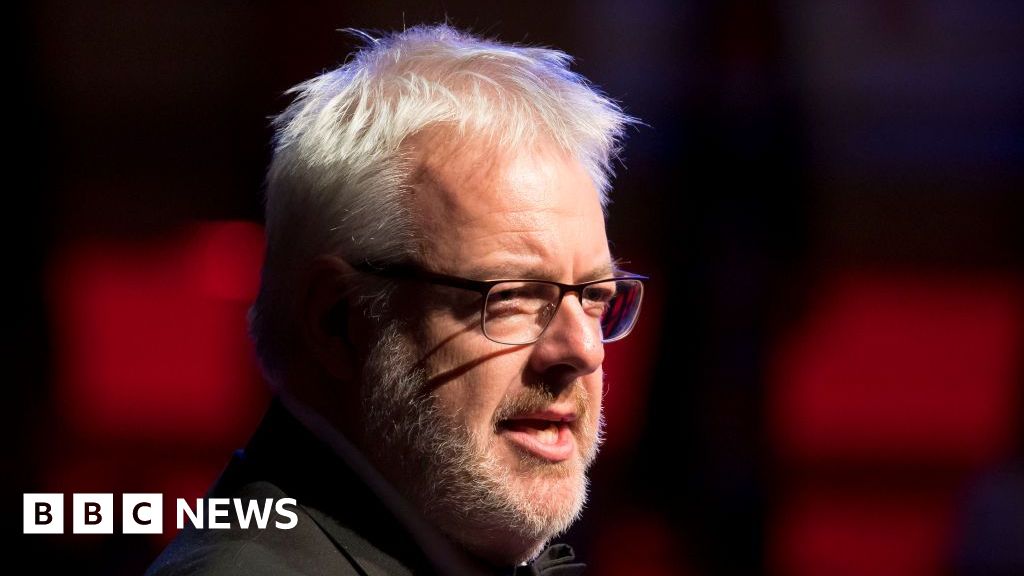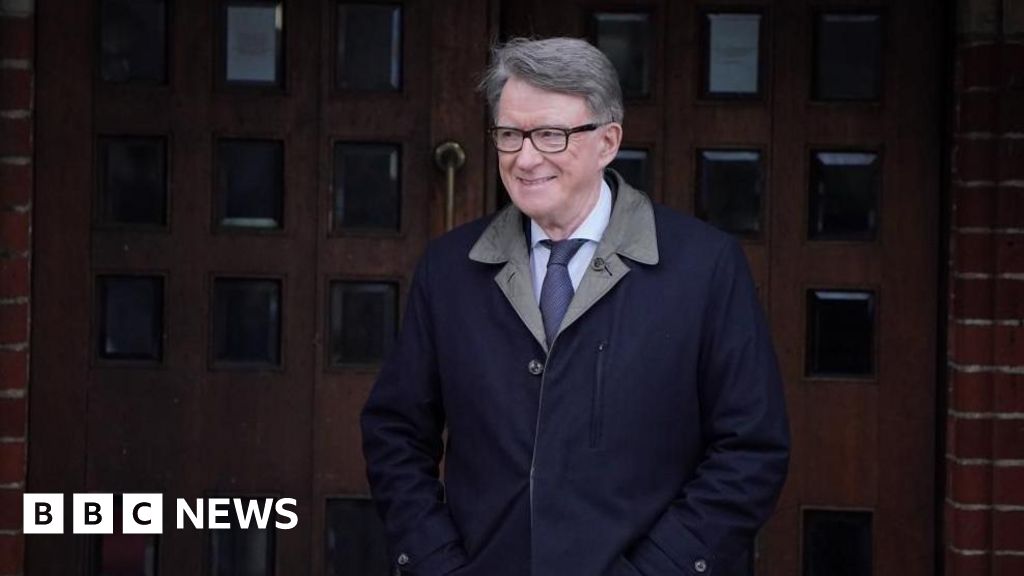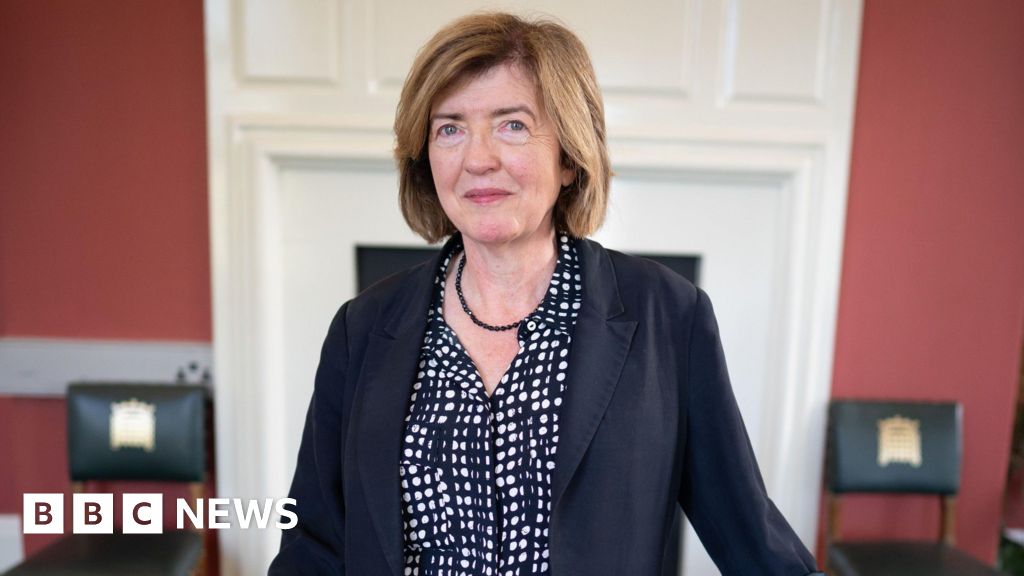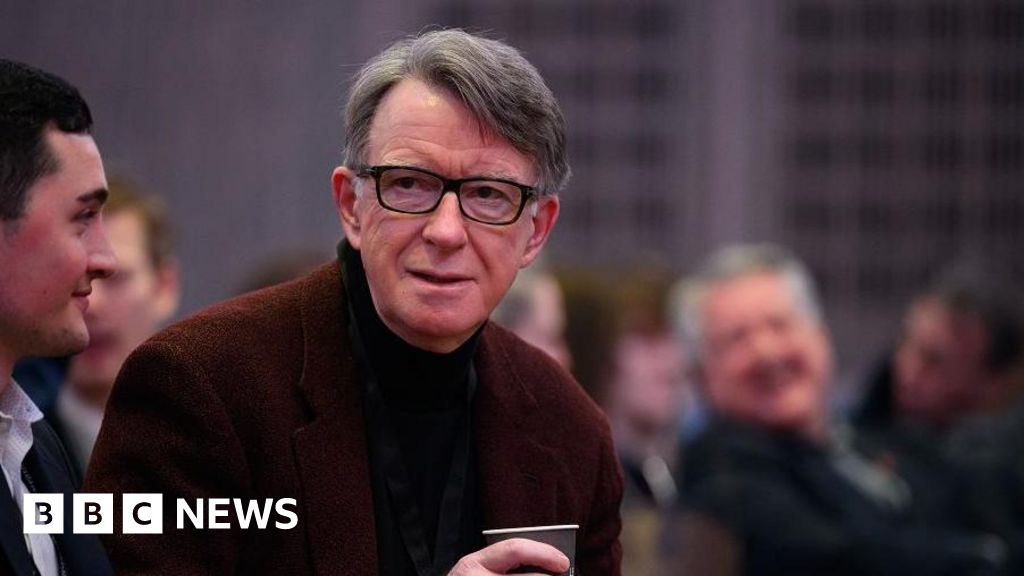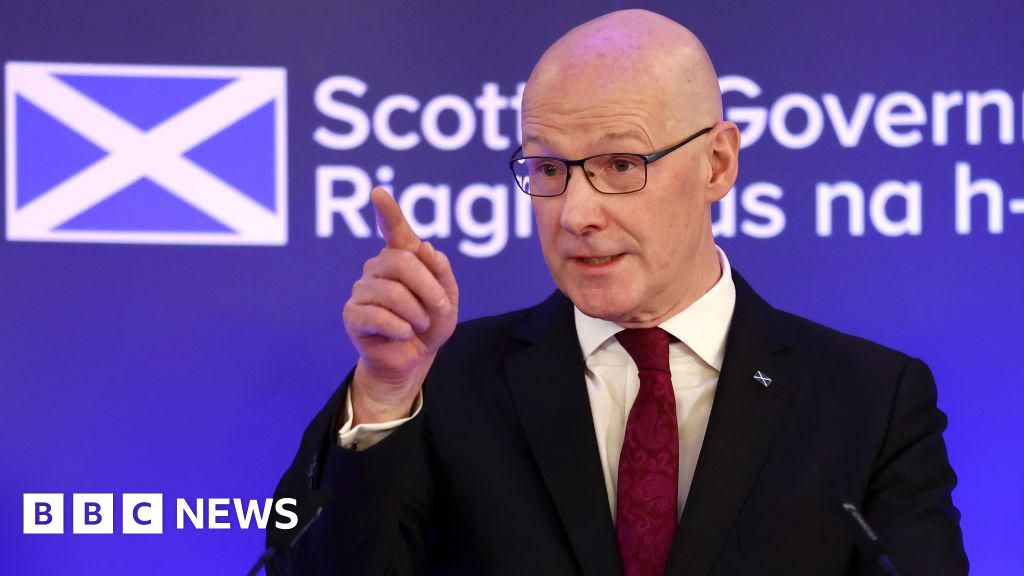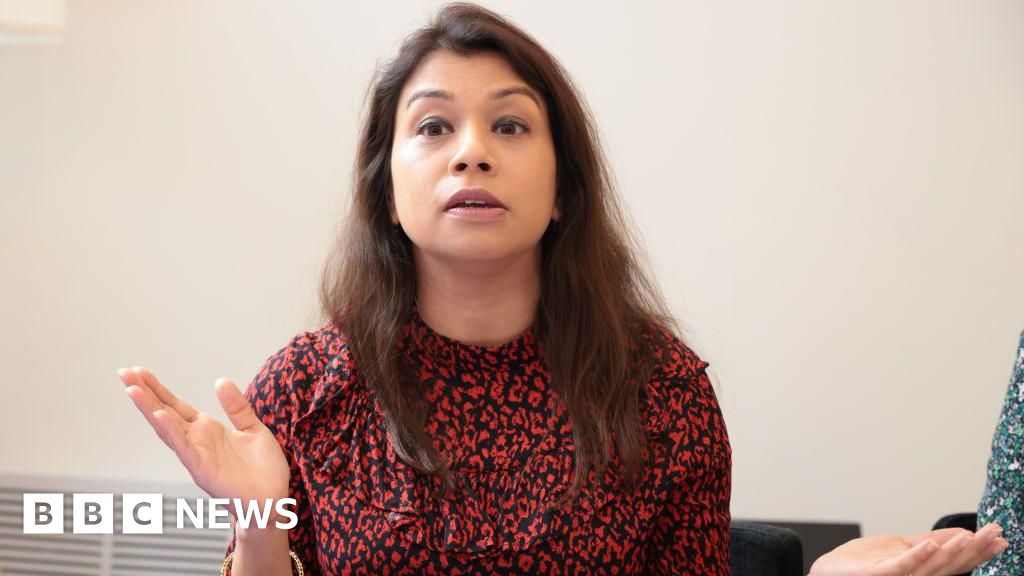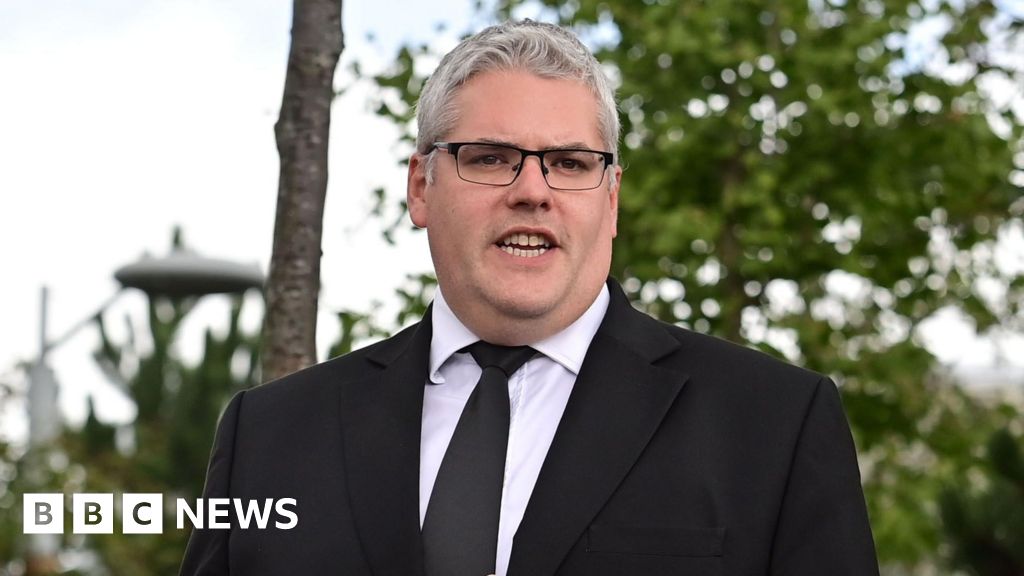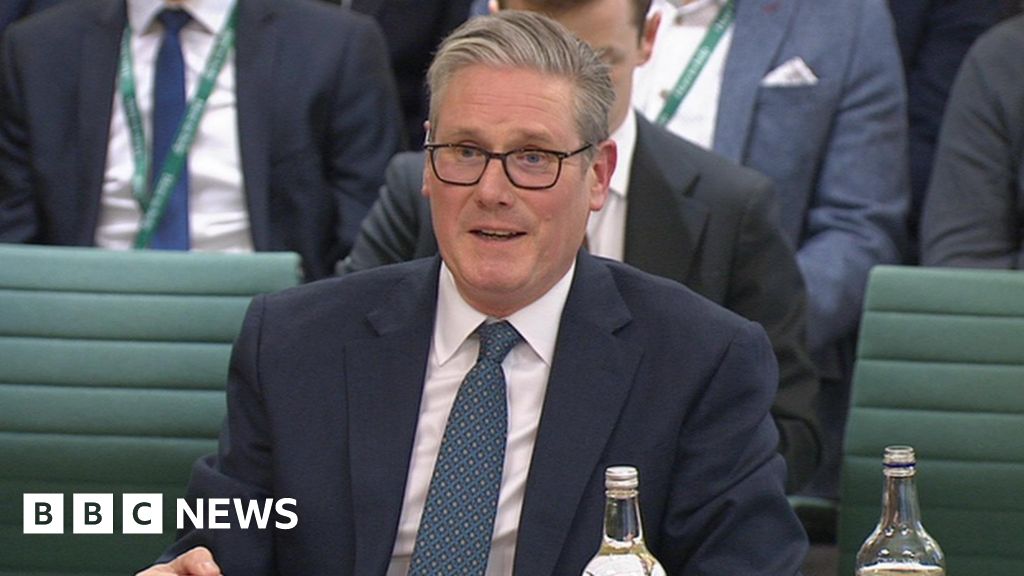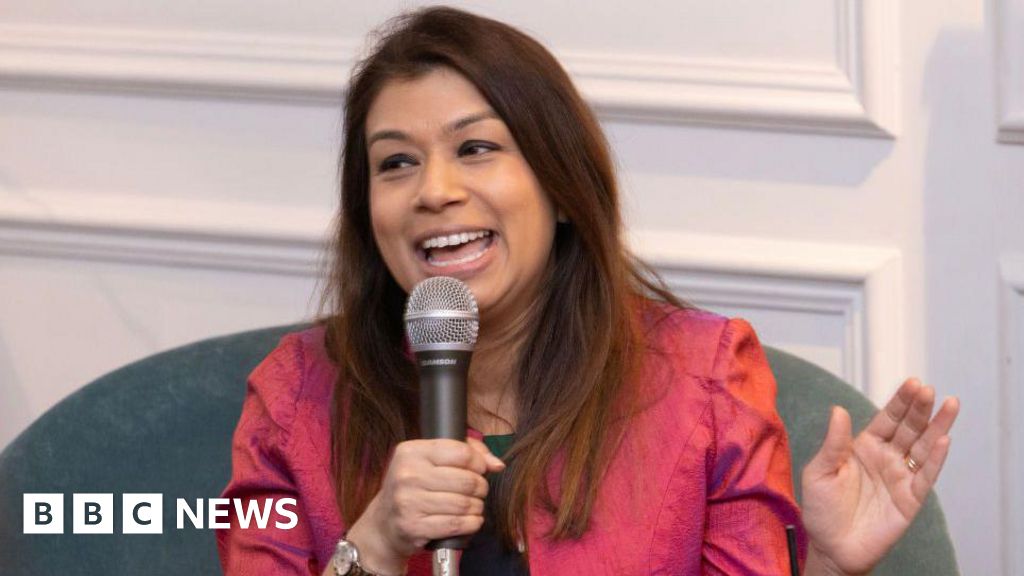UK to reset EU relations but not reverse Brexit - Starmer
The government's desire to reset relations with the European Union does not mean reversing Brexit, Sir Keir Starmer has said.
The prime minister said he wanted a closer relationship with Europe, but the UK had no plans for a youth mobility scheme, which could give young people in the EU the right to live and work in the UK, and vice versa.
Sir Keir was speaking at a joint news conference with German Chancellor Olaf Scholz in Berlin, after the pair began talks on a new co-operation agreement between the two nations.
The PM said the agreement aimed to boost trade, create jobs and deliver economic growth in both countries.
The two leaders hope to sign a treaty, covering areas including defence, energy security, science and technology, by early next year.
During the visit, they also agreed a joint action plan to tackle illegal migration and smuggling gangs by sharing intelligence and data.
Sir Keir has previously said he will seek a better deal on trade with the EU than the one negotiated by Boris Johnson in late 2020.
However, it remains unclear whether Brussels would entertain major changes to the UK's existing Brexit trade deal, which is due to be reviewed in 2026.
Taking questions from journalists after the news conference, Sir Keir was pressed over what concessions the UK would have to offer to secure an improved deal.
The PM said he was "absolutely clear" the government wanted to reset relations with Europe.
He added: "That does not mean reversing Brexit or re-entering the single market or the customs union.
"But it does mean a closer relationship on a number of fronts, including the economy, including defence, including exchanges."
The single market enables goods, service and people to move freely between member states, with countries applying many common rules and standards.
The customs union is an agreement not to charge taxes called tariffs on goods coming from other EU countries, and to charge the same tariffs as each other on goods coming from outside the EU.
Asked if the UK would allow freedom of movement for young Germans, the PM said: "We do not have plans for a youth mobility scheme but do have plans for closer relationship between us and the EU."
A youth mobility scheme - which would make it easier for EU citizens aged 18 to 30 to study and work in the UK for a limited period, with young Britons allowed to do the same in Europe in return - has been proposed by the EU.
Speaking after the news conference, Sir Keir insisted the planned treaty with Germany had "nothing to do with youth mobility".
But when asked about the possibility of student exchanges between the UK and Germany, the prime minister said he wanted a "close relationship" including "education and cultural exchange".
Sir Keir stressed that he and Mr Scholz "didn’t go into the details of that today", focusing more on illegal immigration.

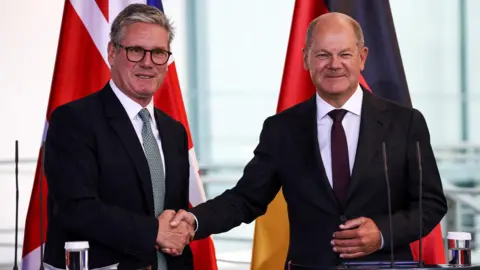 Reuters
Reuters
Sir Keir Starmer met German Chancellor Olaf Scholz to discuss a new agreement between the two countries
In his opening remarks at the news conference, Mr Scholz lamented how relations between Britons and Germans had waned after Brexit and the Covid pandemic, adding that he and Sir Keir "share similar views on this" and want to "intensify the exchanges".
Earlier Nils Schmid, foreign affairs spokesperson for Mr Scholz's Social Democratic Party, told the BBC a scheme making it easier for young Germans to travel to the UK to study was a "major feature of our wish list".
He insisted such a scheme would not be about "immigration in a general sense", but "stays of limited duration" for educational programmes, student exchanges or work experience.
Conservative shadow business secretary Kevin Hollinrake accused Sir Keir of "cosying up to politicians in Germany and calling for a closer relationship with Europe".
"Starmer has spent his entire political career plotting to reverse Brexit, so it doesn't take a genius to see where the new Labour government is headed," he added.
Liberal Democrat foreign affairs spokeswoman Layla Moran said the talks with Mr Scholz were "a positive step forward after years of the Conservatives trashing the UK's relationship with Europe".
"But the new government needs to be more ambitious about rebuilding stronger ties with our European allies," she added.
"That should start with agreeing a Youth Mobility Scheme giving young people the opportunity to easily live and work across the continent."

 3 months ago
11
3 months ago
11
